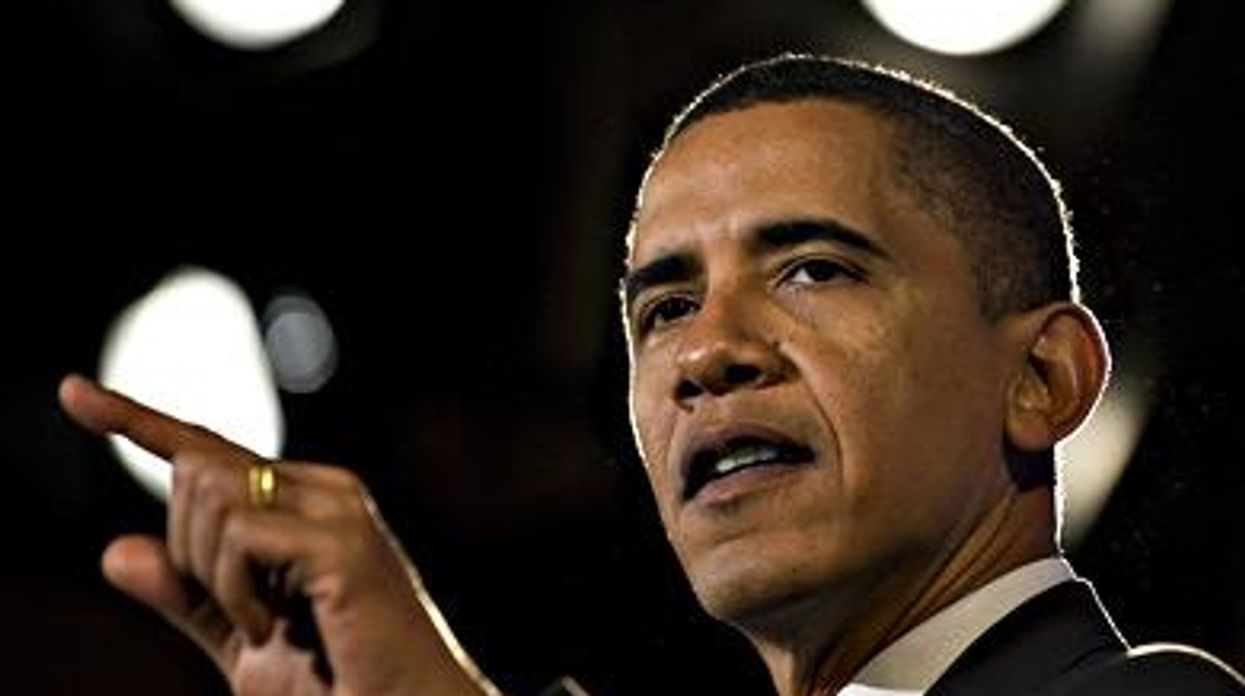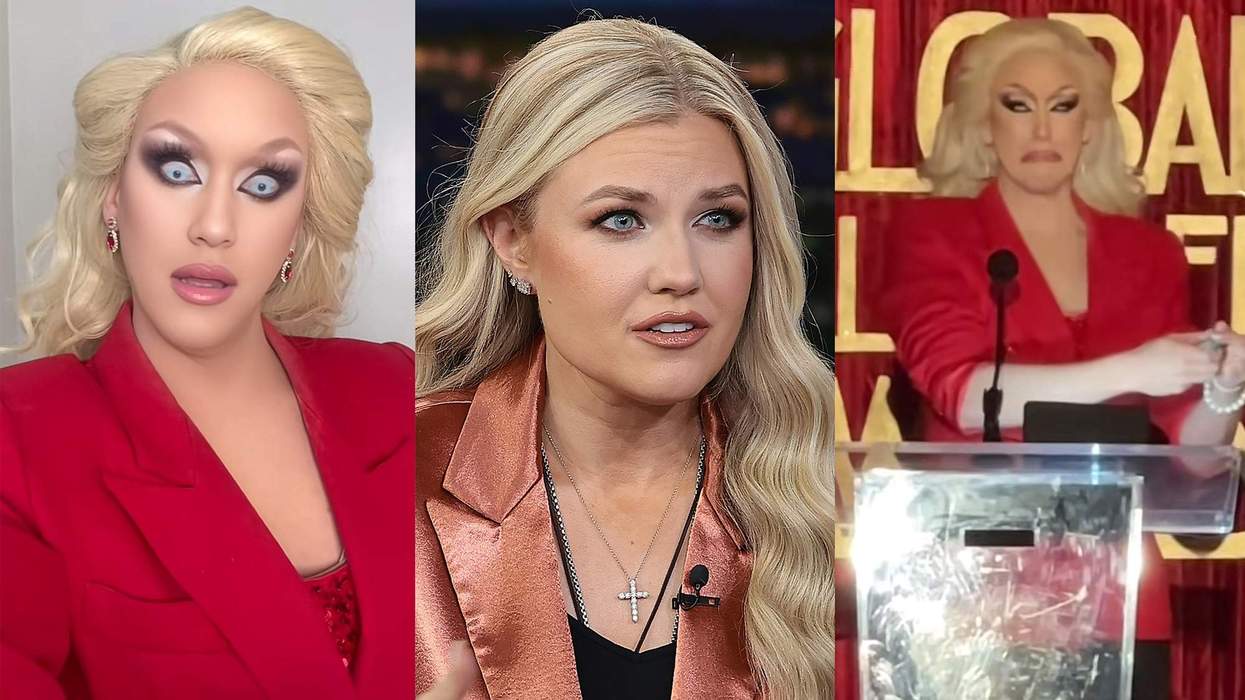Commentary: On Thursday, a questioner at an MTV town hall meeting asked President Barack Obama why he does not take advantage of his executive powers to end "don't ask, don't tell" unilaterally. The president responded, "Congress explicitly passed a law that took away the power of the executive branch to end this policy unilaterally. So this is not a situation in which with the stroke of a pen I can simply end the policy unilaterally.... I can't simply ignore laws that are out there."
Obama's response was not entirely accurate. While it's true, of course, that Congress enacted "don't ask, don't tell" into law in 1993, there are two ways in which the president could use executive authority to protect gay troops. A federal district court in California ruled in September that DADT is unconstitutional and on Tuesday imposed a permanent injunction barring enforcement of the 17-year-old law.
If the president declined to appeal the ruling, then "don't ask, don't tell" would be dead forever. As Palm Center legal codirector Diane Mazur has explained elsewhere, the president is well within his rights to decline to appeal the ruling. As of Thursday, he has declined to do so.
Typically, the Justice Department must defend a law when its constitutionality is challenged in court. In this case, however, the Administration has already mounted its defense -- and failed. It's under no obligation to continue to fight in court. This is particularly true because the 2003 decision in Lawrence v. Texas striking down state sodomy laws renders "don't ask, don't tell" unconstitutional, which was not the case when Congress first enacted the law.
There is a second route through which Obama could exercise executive power on this issue. Congress enacted a law, 10 U.S.C. SS 12305 ("Authority of the President to Suspend Certain Laws Relating to Promotion, Retirement, and Separation"), which grants the president "stop loss" authority to suspend any provision of law relating to the separation of any member of the armed forces whom the president determines is essential to the national security of the United States, during any period of national emergency.
Congress goes on to define, explicitly, the meaning of "period of national emergency." Currently, we are in such a period, which means that Obama does have unilateral authority to suspend "any provision of law" relating to separation of members of the armed forces, including involuntary separations under "don't ask, don't tell."
I am a strong supporter of President Obama, and I believe that he has done more for LGBT Americans than any president in the history of the United States. There may be reasons for him to decline to use his executive authority to suspend "don't ask, don't tell" via a stop-loss order, or to eliminate the law forever by deciding not to appeal the district court ruling. But it's not entirely correct to say that he lacks such authority.
Belkin is the director of the Palm Center at the University of California, Santa Barbara, and testified in the federal challenge to "don't ask, don't tell" in July.















